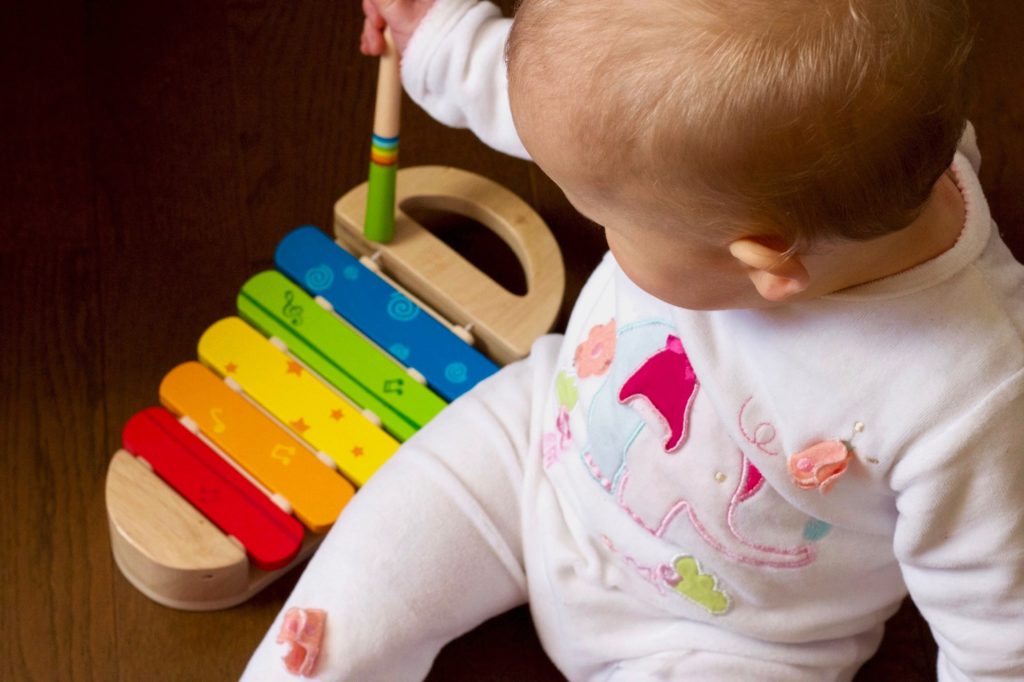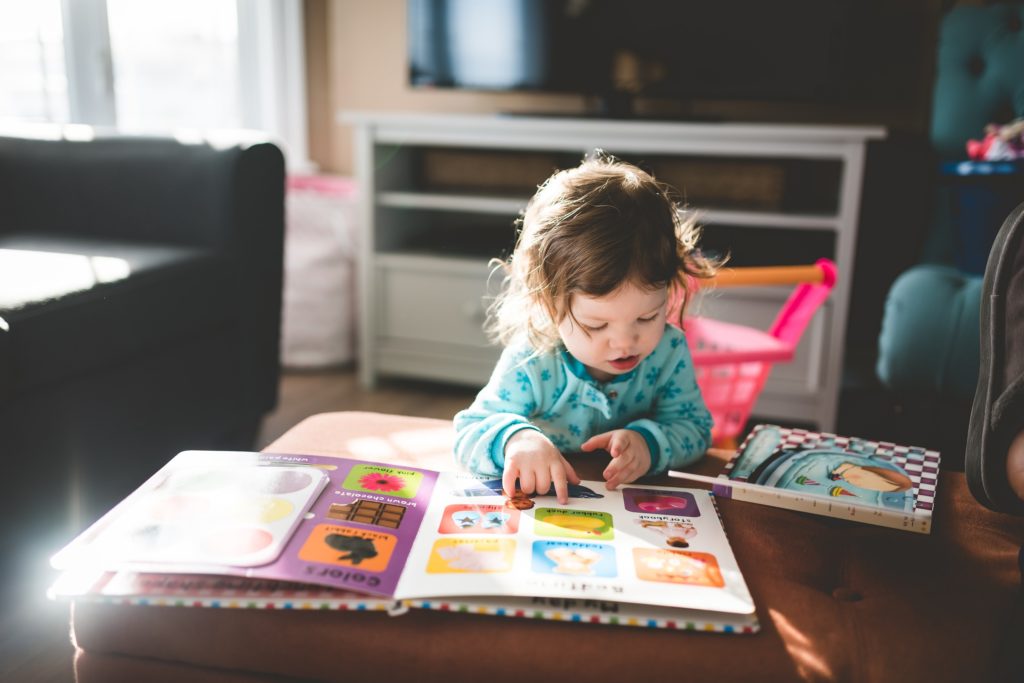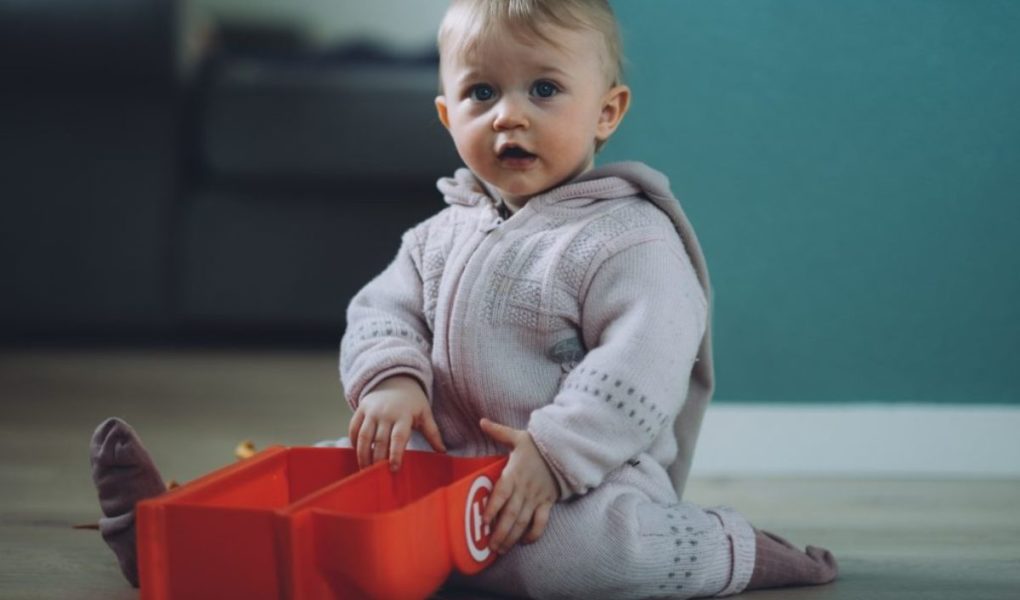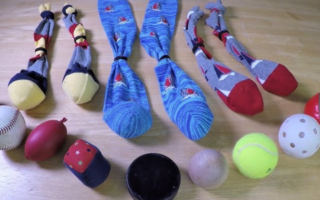From the moment they open their eyes to the world, babies embark on a continuous journey of learning and growth. In the early stages of life, every interaction, every game, and even the most straightforward household items can be educational tools that stimulate their senses and cognitive abilities.
This article presents various stimulating activities for babies that foster physical, cognitive, emotional, and sensory development, suitable for various age groups.
Birth to 3 Months: Early Interaction

In the first few months, newborns are primarily occupied with sleep and feeding. However, they also take in their new environment through their developing senses. It is during this time that simple activities can have a profound impact.
Singing and Talking
Even though they can’t understand the words, babies love to hear their parent’s voices. It soothes them and stimulates their developing auditory sense. Talk to your baby during routine diaper changes, feedings, and bath times. Sing lullabies and nursery rhymes. Not only does this establish an emotional connection, but it also lays the foundation for early language development.
Visual Stimulation
Infants are attracted to high-contrast patterns and faces. Show them black and white images, or let them gaze at a mobile with high-contrast patterns. As your baby grows, introduce soft toys with different colors and patterns.
Tummy Time
This activity, recommended by pediatricians, helps to strengthen the baby’s neck and upper body muscles. Start with a few minutes at a time, and gradually increase the duration as the baby grows stronger. Always supervise your baby during tummy time.
4 to 6 Months: Exploring the World

As your baby grows, they begin exploring the world more curious and engaging. At this stage, activities can be more interactive and exploratory.
Interactive Play
Play peek-a-boo or make funny faces to make your baby laugh. These simple games help your baby understand the concept of object permanence, a critical cognitive milestone.
Sensory Play
At this age, babies are fascinated by different textures, shapes, and sounds. Provide sensory toys, such as rattles, teething toys, or even homemade toys like a securely tied bag of rice or a soft brush.
Reading
It’s never too early to start reading to your baby. Colorful picture books with large images and minimal text are excellent. They introduce the idea of language, develop listening skills, and help create a lifelong love for books.
7 to 12 Months: Getting Active

Babies become increasingly active and eager to explore their surroundings in this stage. They are beginning to crawl, stand, and possibly even take their first steps.
Movement Games
Activities that encourage movement, such as rolling a ball back and forth, crawling through a cushioned tunnel, or chasing a toy pulled across the floor, help develop gross motor skills.
Interactive Toys
Toys that make sounds or light up when touched, like baby-friendly musical instruments or push-and-pop toys, can teach cause and effect, an essential cognitive skill.
Simple Problem-Solving Activities
Toys with different shapes and openings, stacking cups, or simple puzzles with large pieces can foster problem-solving skills.
Mimicry Games
As babies become more social, they love to mimic what adults do. Pretend play, such as mimicking household tasks, can be very entertaining for them and aids in their understanding of the world.
Frequently Asked Questions
There is no “best age” to start activities as every interaction you have with your baby, right from birth, is an activity that stimulates their senses and cognitive growth. Starting from newborns with singing, talking, and visual stimulation to more interactive play as they grow older can be highly beneficial.
No, expensive toys are not necessary. Simple toys, household objects, and even homemade items can provide enough stimulation for your baby. It’s not the price of the toy that matters but the interaction, exploration, and learning opportunities it provides.
There’s no hard-and-fast rule on how much time you should spend. However, engaging with your baby throughout the day during routine tasks and dedicated playtimes can be beneficial. Remember, your baby also needs time for independent play and rest.
Every baby is unique and may show interest in different activities at different times. If your baby isn’t interested in a particular activity, don’t force it. Try something else, and you can always revisit the previous activity later.
While some educational apps and programs may have benefits, the American Academy of Pediatrics recommends avoiding screen time for children younger than 18 months, except for video chatting. Hands-on exploration and social interaction with caregivers are much more beneficial for a baby’s development.
Always supervise your baby during playtime, especially when introducing new toys or activities. Ensure toys are age-appropriate, free from small parts that could be a choking hazard, and made from non-toxic materials. If you have doubts about an activity or toy’s safety, consulting your pediatrician’s always a good idea.
Yes, engaging your baby in stimulating activities during their awake time can help them sleep better. Active play can tire your baby, and a good sleep routine can be established by incorporating calm activities like reading or singing lullabies before bedtime.
Conclusion
Playtime is an essential part of a baby’s development. Parents can greatly assist in their baby’s physical, cognitive, emotional, and sensory development by carefully selecting activities suitable for their age.
It is important to remember that every baby develops at their own pace. What matters most is not the sophistication of the toys or activities but the loving interaction and stimulation that comes with them. The smiles, the laughter, and the joy of discovery are the real milestones that make each moment of this journey truly magical.



